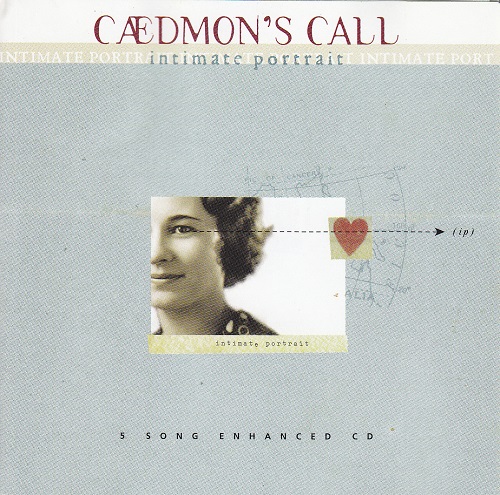

Revelations are described in the passive voice and new ones always arrive just when circumstances require justification. Thus, well into his period of revelation, Jews played a much bigger and more positive part in the Prophet’s life than most biographies suggest.Ĭritics may find Jebara’s book selective and unduly secularised. We learn that rabbis broke the sabbath to aid him in battle, that a Jew made his armour and, later, that he had a Jewish wife. The author clearly implies that Muhammad’s mother was Jewish. Most strikingly, Jebara stresses that the Prophet came from a largely Jewish background. This stands in stark contrast to the subsequent development of paternalism within the faith. He also appointed a woman as the first educator of the faithful and another as an imam.


Women were among the first to accept his teachings, were members of Mecca’s assembly and one was even appointed mayor of Medina.

Jebara gives special emphasis to the role of women in the Prophet’s thinking. He therefore commenced by acting as a mediator among the various tribal and factional groups of the Arabian peninsula, later embracing the roles of oracle and warrior, thus combining several positions that tribal society, given its aversion to centralised power, had previously kept separate. As a practical businessman he believed that change required both a sense of shared identity and greater economic opportunities. Jebara argues that Muhammad regarded the Arabian society of his day as one suffering from ‘willful stagnation’. Mohamad Jebara’s biography aims for somewhere between. Most accounts of the Prophet, whether malignant or hagiographic, have been stilted and one-dimensional. Since, after the Quran, the Prophet’s utterances and actions have been taken as an indispensable guide for living, the way his story is told is crucial to understanding his message. By contrast, Islamic scholars have presented the Prophet as the transmitter of divine revelation and the embodiment of the ideal man. Many non-Muslim writers have seen him as Satanic, lascivious or fraudulent: Dante placed him deep in Hell, Voltaire called him a fanatic and one evangelist described him as ‘a demon-obsessed pedophile’. Westerners have long been fascinated by the Prophet Muhammad, but it is a fascination that has veered, at times, towards horror. Section from a Qur'an Manuscript, c.1300. Marginalia indicate that this Qur'an once belonged to the library of a ribat (hostel) in the holy city of Medina accommodating Moroccan residents.


 0 kommentar(er)
0 kommentar(er)
